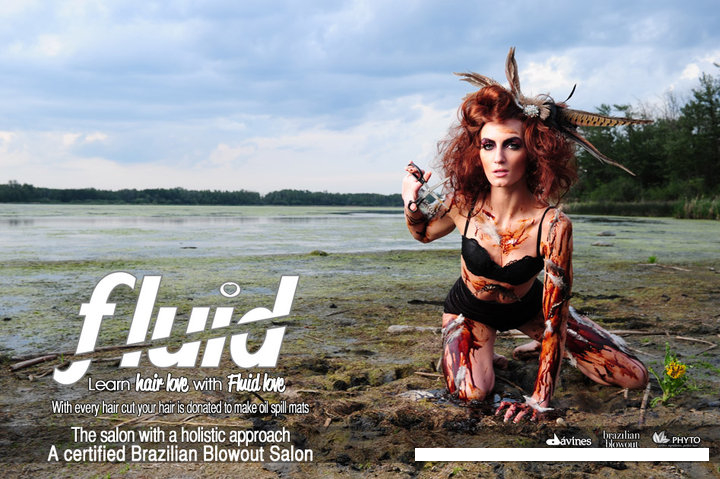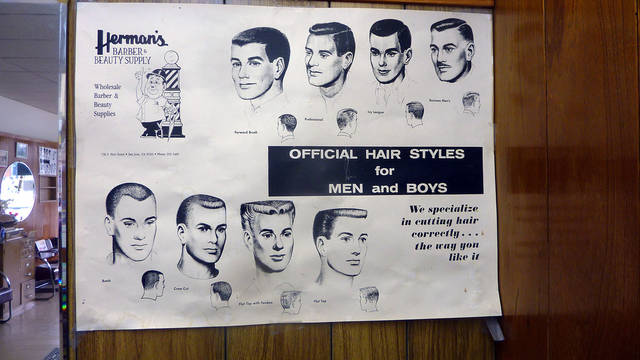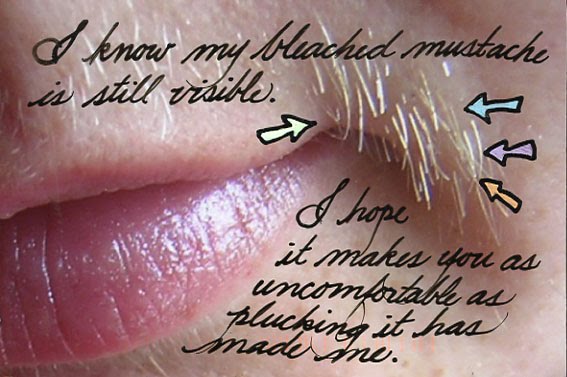This ad for Scünci in Elle magazine, sent in by Bronwyn H., claims “A full line of hair accessories, that highlight and complement all shades of hair color.”
Lisa Wade, PhD is an Associate Professor at Tulane University. She is the author of American Hookup, a book about college sexual culture; a textbook about gender; and a forthcoming introductory text: Terrible Magnificent Sociology. You can follow her on Twitter and Instagram.







